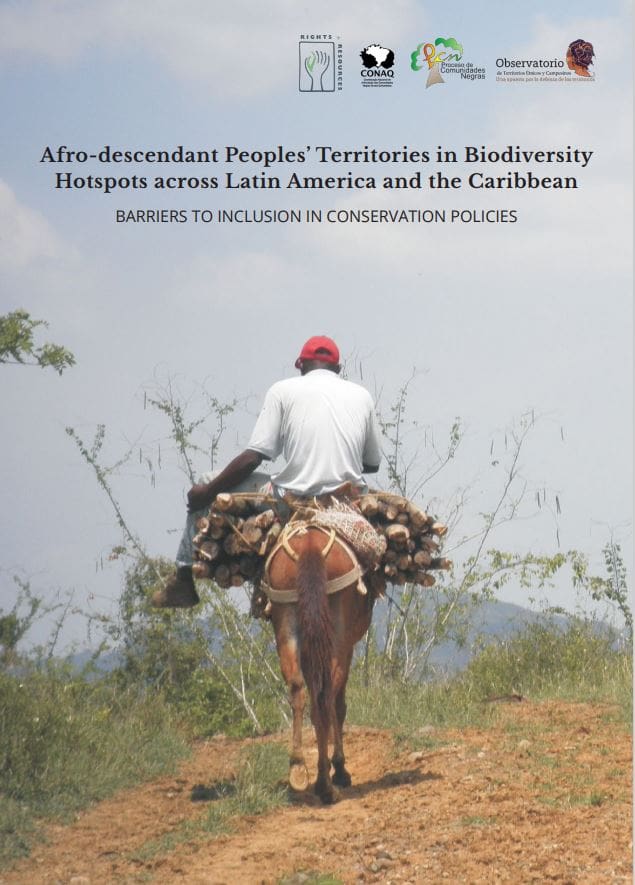Date: February 23, 2023
Afro-descendant Peoples are an integral part of the history and the economic, political, and social processes of nation-building and development in Latin America and the Caribbean. In fact, national censuses estimate that 21 percent of the region’s total population—just over 134 million people—are Afro-descendants.
Yet, despite significant legislative progress at the international and national levels recognizing cultural and ethnic diversity and the rights of Afro-descendant Peoples, social and economic conditions are still drastically unequal and there are large information and recognition gaps that affect their rights.
This study seeks to raise awareness of the territorial presence of Afro-descendant Peoples in 16 countries in Latin America and the Caribbean*. The aim is to progressively identify the presence, titled and untitled lands, and territories of Afro-descendant Peoples and to advocate for the recognition of their collective tenure rights. Although Afro-descendant Peoples in the region have been fighting for a place in international climate and conservation debates, not having defined boundaries for their ancestral lands has been an obstacle to adequately establishing how important their territories are for protecting biodiversity and dealing with complex challenges such as ecosystem degradation, loss of food systems, and other environmental problems.
*The 16 countries studied are: Belize, Bolivia, Brazil, Colombia, Chile, Costa Rica, Ecuador, Guatemala, Honduras, Mexico, Nicaragua, Panama, Paraguay, Peru, Suriname, and Venezuela.
https://doi.org/10.53892/FTMK5991

